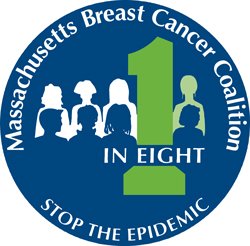 A recent article in The New England Journal of Medicine raises some interesting questions about the pursuit of “precision medicine” as a public health initiative. In “Public Health in the Precision-Medical Era,” Drs. Bayer and Galea express concern that US public health policy continues to be largely focused on investing in clinical care, while ignoring a growing body of evidence that suggests that “…our collective health is shaped by factors well beyond clinical care or our genes.”
A recent article in The New England Journal of Medicine raises some interesting questions about the pursuit of “precision medicine” as a public health initiative. In “Public Health in the Precision-Medical Era,” Drs. Bayer and Galea express concern that US public health policy continues to be largely focused on investing in clinical care, while ignoring a growing body of evidence that suggests that “…our collective health is shaped by factors well beyond clinical care or our genes.”
The NIH’s most recent Estimates of Funding for Various Research, Condition, and Diseases Categories report shows, for example, that total support in fiscal year 2014 for research areas including the words “gene,” “genome,” or “genetic” was about 50% greater than funding for areas including the word “prevention.”
The Massachusetts Breast Cancer Coalition (MBCC) shares this concern that disproportionately the US health care system is focused on treatment vs. prevention. We continue to contend that we must collectively shift our focus towards prevention if we are in fact to eradicate diseases like breast cancer. MBCC believes that we need to bring prevention, toxic exposure reduction, and chemicals of concern to the forefront of our discussions about public health. While precision medicine may offer the potential to extend the life expectancy of those dealing with the disease, it offers very little toward reducing the numbers of those who must contend with the disease in the first place. MBCC recognizes that without a redistribution of time, attention, and funding in support of preventive measures that the legacy of breast cancer and other diseases will remain largely unchanged for future generations.
To read The New England Journal of Medicine article, please click here.
